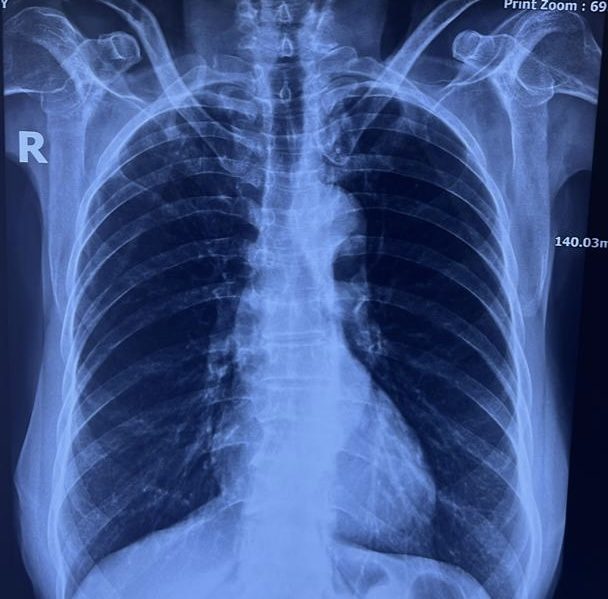The article “Successful Treatment of Refractory IgG4-Related Disease with Tofacitinib: Experiences from 7 Patients” presents a study conducted at Peking University People’s Hospital. The study aimed to evaluate the effectiveness and safety of tofacitinib, a Janus kinase (JAK) inhibitor, in treating IgG4-Related Disease (IgG4-RD) that is resistant to standard treatments.
Study Details:
• Participants: 7 patients with refractory IgG4-RD, meaning their condition did not improve with standard treatments for at least three months.
• Treatment: Patients were given tofacitinib twice daily along with their existing immune-suppressants and glucocorticoids.
• Duration: Follow-up periods ranged from 3 to 12 months.
Measurements:
• IgG4-RD Responder Index (RI): Evaluates disease activity.
• Physician’s Global Assessment (PGA): Overall health evaluation by the doctor.
• Serum IgG4 Levels: High levels (≥201 mg/dL) indicate disease activity.
• Adverse Events: Monitoring any negative side effects.
Results:
• Steroid Use: Patients were able to reduce their prednisone dose, with some reducing to 5 mg/day or less, and one patient stopping steroids altogether.
• Clinical Remission: 4 patients achieved clinical remission. 3 patients had complete remission with RI scores of 0.
• Serum IgG4 Levels: Significant reduction in serum IgG4 levels at 3 and 6 months.
• Adverse Events: One patient experienced an activation of herpes varicella zoster but no serious side effects were reported.
Conclusion:
The study concluded that tofacitinib is effective in treating refractory IgG4-RD and helps reduce the need for steroids. This offers a promising new approach for managing this difficult-to-treat disease. Future studies may explore other similar drugs for treating IgG4-RD.

